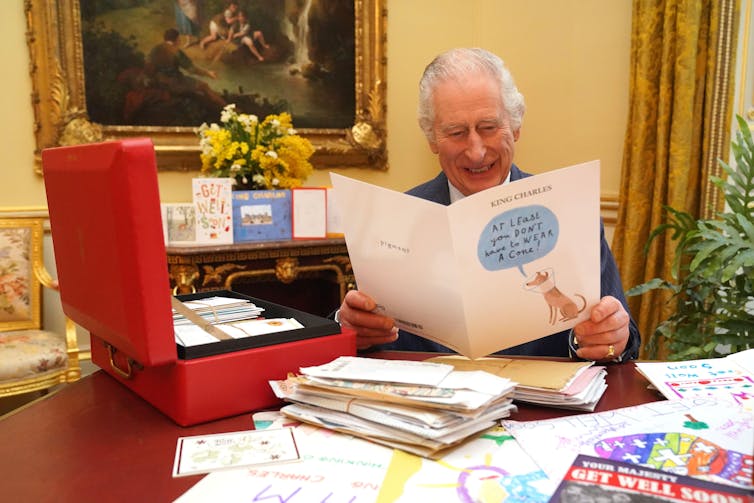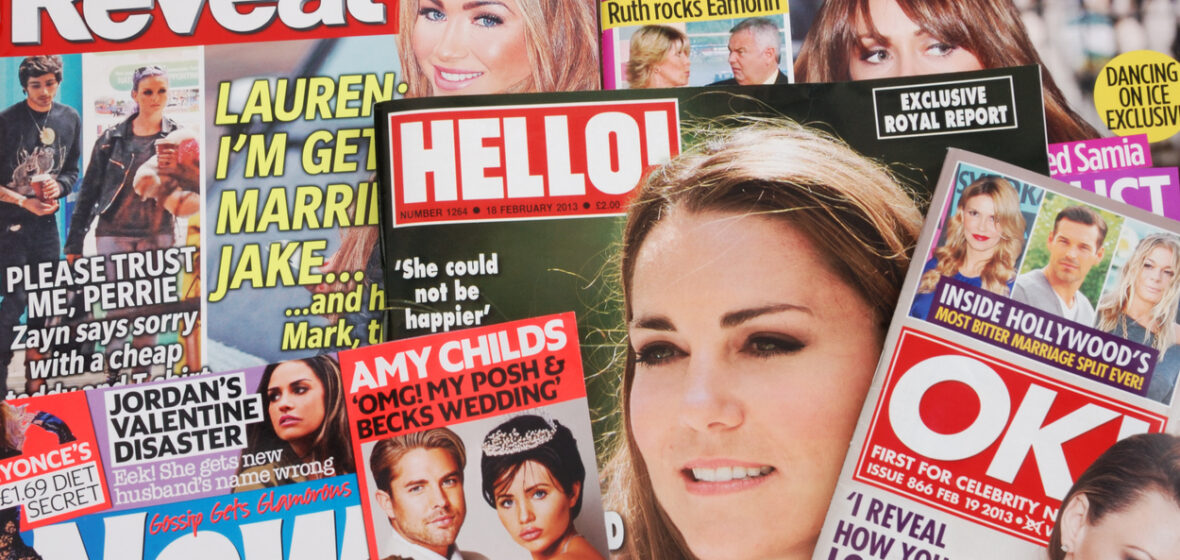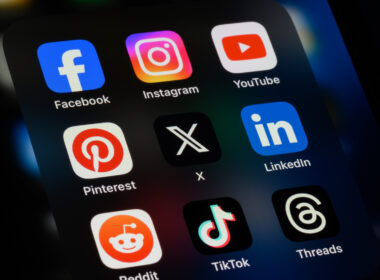From court cases to conspiracy theories, the royal family’s right to privacy is, somewhat ironically, nearly always in the spotlight.
The latest focus is Kate Middleton, Princess of Wales, whose whereabouts have been the subject of online speculation after it was announced she was undergoing abdominal surgery and would be away from public duties until after Easter.
This comes just weeks after King Charles revealed that he is undergoing treatment for cancer, and a legal settlement between Prince Harry and Mirror Group Newspapers over illegal phone hacking.
Interest in the personal lives of the royals and other celebrities is a constant, driving newspaper sales and online clicks for decades. You only needs to consider the media frenzy that followed Princess Diana to see this, and its potentially devastating consequences.
From a legal perspective, the British courts have ruled that everyone – the royal family included – is entitled to a right to privacy. The Human Rights Act incorporates into British law the rights set out by the European Convention on Human Rights. This includes article 8, which focuses on the right to privacy.
In the years after the Human Rights Act came into force, courts ruled on a string of cases from celebrities claiming that the press invaded their privacy. Courts had to balance article 8 of the convention against article 10, the right to freedom of expression.
Rulings repeatedly stated that, despite being in and sometimes seeking the limelight, celebrities should still be afforded a right to privacy. Some disagree with this position, such as prominent journalist Piers Morgan, who has criticised the Duke and Duchess of Sussex asking for privacy when they have also released a Netflix documentary, a broadcast interview with Oprah Winfrey and published a memoir.
But the courts have made the position clear, as in the case concerning Catherine Zeta-Jones and Michael Douglas after Hello! Magazine published unauthorised photographs from their wedding. The court stated that: “To hold that those who have sought any publicity lose all protection would be to repeal article 8’s application to very many of those who are likely to need it.”
There is no universal definition of privacy, but scholars have identified key concepts encompassing what privacy can entail. In my own research, I have argued that the notion of choice is one of these. Privacy allows us to control the spread of information about ourselves and disclose information to whom we want.
Privacy and the public interest
There are exceptions to these protections if the person involved had no reasonable expectation of privacy, or if it was in the public interest for this information to be revealed. There is no solid, legal definition of the “public interest”, so this is decided on a case-by-case basis.
In the past, the public interest defence has been applied because a public figure or official has acted hypocritically and the courts have stated there is a right for a publisher to set the record straight.
When it comes to medical records and information concerning health, case law and journalistic editorial codes of conduct are clear that this information is afforded the utmost protection.
Model Naomi Campbell was pictured leaving a Narcotics Anonymous meeting and these images were published by the Daily Mirror. The court found that there had been a public interest in revealing the fact she was attending these meetings, as she had previously denied substance abuse.
The House of Lords accepted that there was a public interest in the press “setting the record straight”. Nonetheless, the publication of additional, confidential details, and the photographs of her leaving the meeting were a step too far. The House of Lords highlighted the importance of being able to keep medical records and information private.

Royal health
When it comes to the royals, the history of publicity around royal births, often posing with the newborn royal baby outside of the hospital, has set a precedent for what the public can expect about the royals’ medical information. When they choose to go against this tradition, it can frustrate both royal-watchers and publishers.
King Charles made the choice to openly speak about his enlarged prostate to “assist public understanding”. And, as Prostate Cancer UK noted, this has worked – they noted a 500% increase in people visiting their website. However, he has chosen to not to divulge information about his cancer diagnosis beyond the fact that he is receiving treatment. This is his right.
While revealing further information might stop speculation and rumours about his health, it is not the king’s duty to divulge private, medical information. However, if his health begins to impact his ability to act as monarch, the situation could change.
It might be that the press finds more information about his health without his knowledge, but unless they have a genuine public interest in publishing this information, privacy should prevail.
You would no doubt want your private medical information kept secret, not shared around your workplace and speculated on unless it was absolutely necessary. It is thanks to these laws and court precedent that you don’t have to worry about this. The royal family, regardless of their position, should expect the same standard.
Gemma Horton is Impact Fellow for Centre for Freedom of the Media at the University of Sheffield. This article is republished from The Conversation under a Creative Commons licence. Read the original article.




